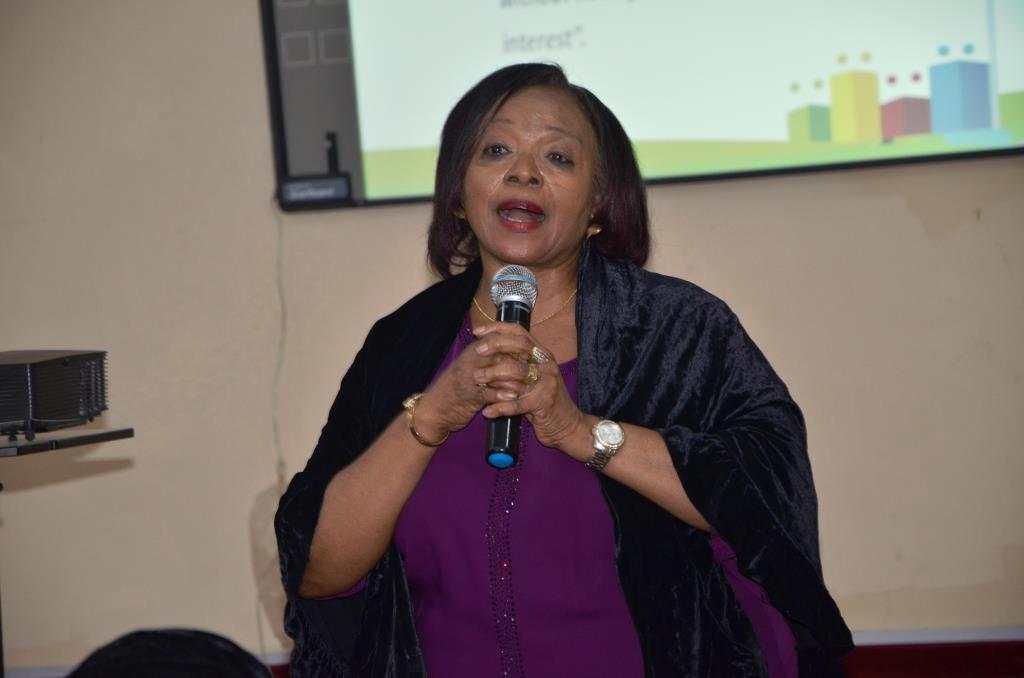In preparation for a renewed and reinvigorated onslaught against corruption in Nigeria in the coming year and beyond, the Independent Corrupt Practices and Other Related Offences Commission (ICPC) recently organized a 2-day rigorous training of its senior and middle level officers.
Participants included the heads of the Commission’s State Offices as well as other middle cadre staff drawn from all departments and units.
Designed to improve staff capacity within the overall framework of the Public Service, the exercise featured refresher contents such as Overview of Public Service Rules; Personal Financial Planning; Discipline and Disciplinary Procedures; Fiscal Responsibility Act; Public Procurement Act; etc.
Held at the Public Service Institute of Nigeria (PSIN), Abuja, it came on the heels of a similar exercise which was conducted by the PSIN but held at the Commission’s headquarters for Board Members and senior management staff.
In view of the Commission’s new trajectory which focuses on addressing corruption issues with macro impact on the welfare of Nigerians, this training exercise proved valuable as it has primed staff to take up and surmount challenges that are bound to arise due to the new focus.
A member of the Commission’s Board, Hon. Olubukola Balogun, who visited the participants in the course of the training on behalf of the Chairman, Prof. Bolaji Owasanoye, advised them to also regard the exercise as a train-the-trainers course as they would be expected to employ their honed skills in providing their subordinates with the direction and guidance needed for organisational effectiveness and efficiency. She also noted that the exercise was part of the series of capacity-building programmes lined up for ICPC staff by the new leadership.
It may be recalled that ICPC, in recent times, has undertaken significant actions, with commendable success, to confront corruption in Constituency Projects implementation, highway extortion by some law enforcement officials, corruption in the salary budget of MDAs and in the implementation of the federal government’s social investment programmes.


